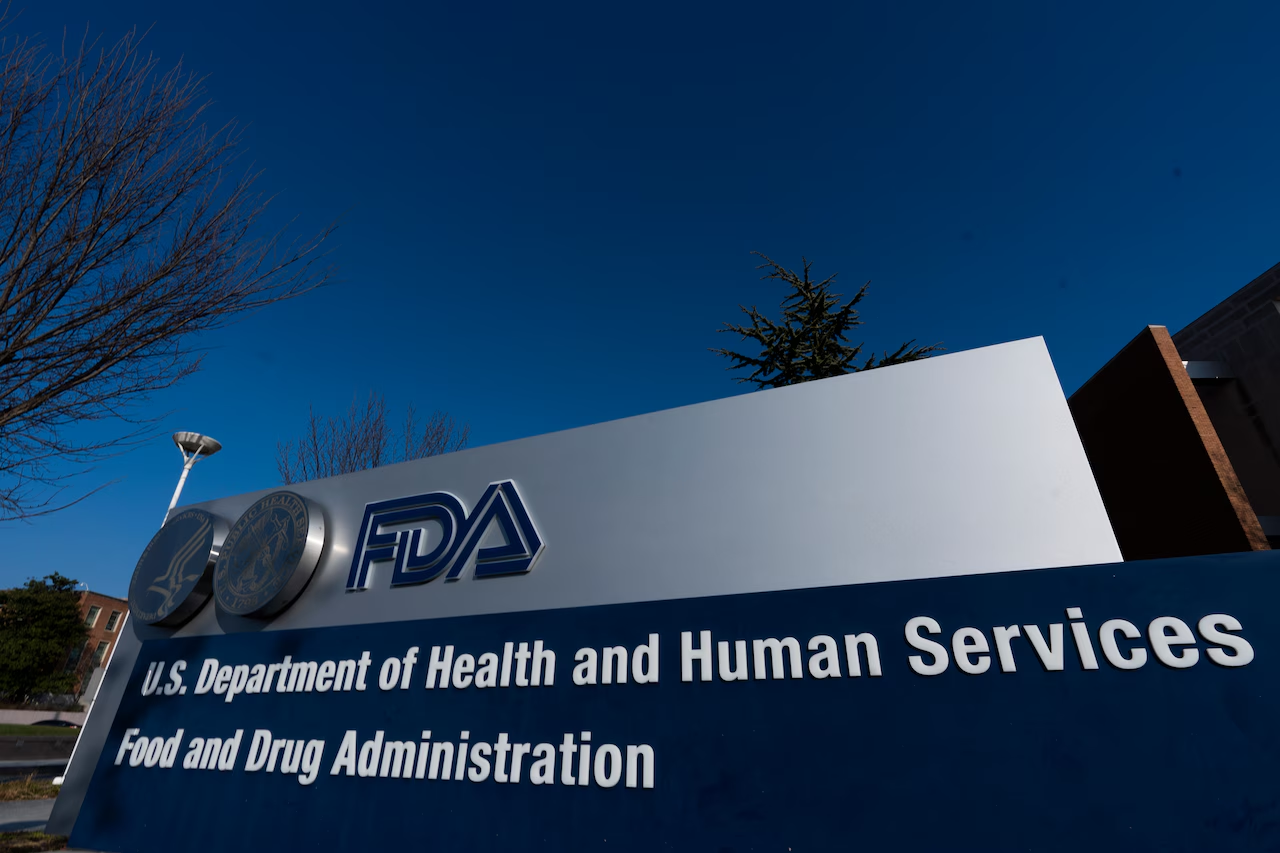As the COVID-19 pandemic enters its sixth year, the landscape of vaccination is changing. Health authorities at the federal and state levels are revising their guidance on who should receive the COVID vaccine, how often, and under what circumstances. For residents of Washington state, understanding these changes is essential to making informed health decisions.
A Shift from Universal Recommendation to Individual Choice
During the early phases of the pandemic, public health messaging strongly encouraged everyone to get vaccinated, with clear age-based and risk-based priority groups. Over time, the vaccines became widely available, and annual boosters became routine for large segments of the population.
Now, federal authorities are moving toward risk-based guidance rather than universal mandates. The emphasis is on shared decision-making, which encourages patients to discuss their individual risks and benefits with healthcare providers rather than following a blanket recommendation.
This change reflects several realities:
- Many individuals now have hybrid immunity, from both vaccination and previous infection, which provides a level of protection against severe disease.
- The virus has evolved, with newer variants causing milder disease in many populations.
- Public health experts are balancing the benefits of vaccination with concerns about overuse, potential side effects, and resource allocation.
The new guidance prioritizes those most vulnerable to severe COVID outcomes, such as older adults, immunocompromised individuals, and people with underlying health conditions. Healthy younger adults may still opt for the vaccine, but the focus shifts to informed personal choice rather than widespread mandates.
What’s Changing in Washington State
Washington state, known for proactive public health policies, is adapting the federal guidance to its population. While residents will still have access to COVID vaccines, the approach is more nuanced:
- High-Risk Groups Remain a Priority
Older adults, pregnant individuals, and people with chronic illnesses are strongly encouraged to stay up to date with recommended vaccinations. Providers are advised to offer guidance tailored to these groups. - Insurance Coverage Continues
Most insurance plans in Washington are expected to continue covering recommended COVID vaccines, reducing financial barriers for those who need them most. - Local Public Health Coordination
State and local agencies are issuing guidance to ensure clarity for residents. Clinics, pharmacies, and hospitals are updating protocols for consent, eligibility verification, and patient counseling. - Access and Availability
Pharmacies, community clinics, and healthcare providers are maintaining vaccine supplies, especially for high-risk populations. The state is also monitoring uptake and adjusting distribution strategies as needed.
Residents should check with local providers for the latest availability and eligibility information, as clinics may adapt procedures in response to evolving guidance.
How to Make the Decision
With the new risk-based approach, individuals must consider their personal health status and circumstances when deciding whether to receive a COVID shot. A structured approach can help:
- Assess personal risk: Consider age, health conditions, and potential exposure through work or living situations.
- Consult healthcare providers: Discuss the pros and cons of vaccination, including recent data on efficacy, variant protection, and booster timing.
- Review local guidance: State health departments and local public health agencies may issue specific recommendations for different populations.
- Prioritize high-risk situations: For those in high-exposure jobs, with chronic illness, or living with vulnerable individuals, vaccination remains strongly recommended.
For many, this approach will mean thoughtful, personalized discussions with healthcare providers rather than automatic vaccination.
Implications for Public Health
The move toward individualized COVID vaccination has broader implications:
- Preventing overuse: Targeting vaccination to those who benefit most reduces unnecessary medical interventions and preserves resources.
- Protecting vulnerable populations: High-risk groups continue to receive prioritized guidance and access to vaccines.
- Encouraging informed decision-making: Individuals are empowered to understand their personal risk, leading to more meaningful engagement in their healthcare.
- Maintaining readiness: Even with a more targeted approach, maintaining vaccine infrastructure ensures quick response to new variants or outbreaks.
However, experts caution that risk-based guidance could lead to confusion if communication is unclear. Consistent messaging and education are essential to prevent gaps in protection and ensure continued public trust.
Looking Ahead
Washington state’s approach reflects a broader national trend: COVID vaccination is transitioning from a universal, population-wide strategy to one focused on risk, choice, and personalized healthcare. The emphasis is on protection rather than blanket compliance, leveraging medical guidance and patient empowerment to maintain safety without imposing unnecessary interventions.
The federal and state strategies highlight that vaccines are still crucial tools in controlling severe disease, protecting high-risk individuals, and preventing healthcare system overload. Residents are encouraged to remain informed, consult healthcare professionals, and follow the latest guidance as the situation evolves.
As the pandemic enters this new phase, the focus is on sustainable, evidence-based vaccination practices that balance individual needs with public health priorities. While the virus may never fully disappear, thoughtful vaccine strategies offer the best path to managing its impact on daily life and healthcare systems.












Leave a Reply